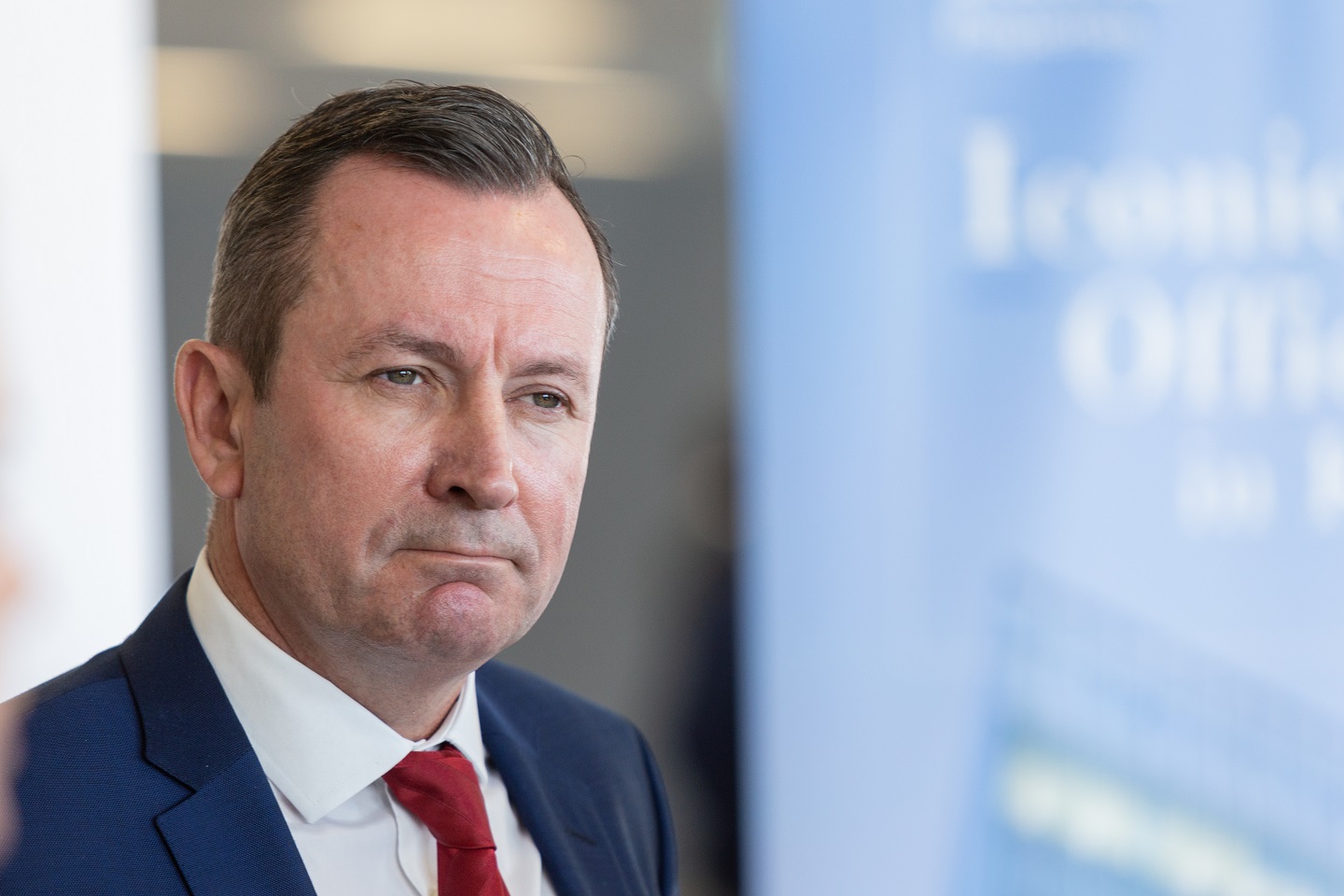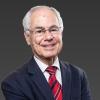WA may have to defend its position on GST redistribution, again.


The latest assault on Western Australia’s share of the GST shows just what short memories – or selective amnesia – some state leaders really have. It’s all a matter of timing.
When royalties revenue from WA’s mining industry goes through the roof, as at present, some states can’t wait to get their hands on the extra money, via the GST carve up.
When the industry experiences a downturn and royalties slump, they don’t want to know.
This time it’s the Victorian Labor treasurer, Tim Pallas, who is leading the charge after delivering a budget with an expected deficit for next financial year of $17 billion.
By way of contrast WA’s premier – and new treasurer – Mark McGowan is tipped to announce a record budget surplus of more than $4 billion for this financial year, thanks almost entirely to iron ore and gas royalties.
Mr Pallas, a former assistant secretary of the ACTU, wrote earlier this year that: “The current system for divvying up GST revenue among the states isn’t just unfair, it’s far worse for some of us on the east coast than we’d imagined.
“Three years after [then] treasurer Scott Morrison restructured the system of GST redistribution to unfairly benefit WA before the 2019 federal election, a Commonwealth Grants Commission report ... confirmed that Victorians next year will receive less back on every dollar spent on GST than most other states.”
Victoria is actually getting 92 cents back for every GST dollar it contributes. Remember how WA’s share slumped in Colin Barnett’s second term as premier (2013-17) to 30 cents in the dollar? And the proportion handed out to other states has never fallen below 70 cents.
Several issues need to be noted when it comes to mining royalties. The first is that minerals found in each state belong to that state. Income (royalties) derived from the finite resource goes to the state.
The second is that the WA government oversaw development of the Pilbara iron ore industry in the 1960s in association with four giant mining consortiums, which paid for their own infrastructure. Why? Because as the industrial development minister at the time, Charles Court, noted: “The state didn’t have any money.” Certainly not on the scale required.
And the Commonwealth had to be dragged kicking and screaming to relax the iron ore export embargo in 1960. Canberra could hardly be said to have been an enthusiastic backer of the industry in its early days.
Then there is the general issue of mining in inhospitable areas. Few federal MPs have been queueing up to visit the Pilbara and see the scale of the industry for themselves.
When Mark Latham was federal Labor leader in 2004, the mining industry – with the media in tow – arranged for him to see the iron ore and gas projects first-hand. It proved a very worthwhile exercise.
Mr Latham said he hadn’t previously been further north than Geraldton. That would be further than most Canberra MPs.
So, when WA is accused of receiving an unfair benefit from its resources wealth, the critics speak from virtually no appreciation of what has been required to get the projects going.
There still seems to be a widespread view that mining is somehow undesirable, certainly from an environmental perspective. But those same critics can’t wait to get their hands on the revenue it generates.
Mr McGowan said he took on the additional role of treasurer after the March election because WA’s GST share would come under attack and he felt, with Ben Wyatt’s retirement, best equipped to keep the predators at bay. He was described as being power hungry for his troubles.
The Victorian treasurer’s comments have confirmed Mr McGowan’s fears.
Prime Minister Scott Morrison has reassured the premier that the GST deal with WA stands. But in politics, as in life, it’s the squeaky wheel that gets the most oil.
Smart leaders take nothing for granted.
Mr Morrison returns to Perth in July to preside over a cabinet meeting.
While that’s a good move, a cabinet trip to the Pilbara, where Anthony Albanese’s federal Labor shadow cabinet will visit late this month, would be an equally good move.
As Charles Court would say, that’s where the wealth is created.












